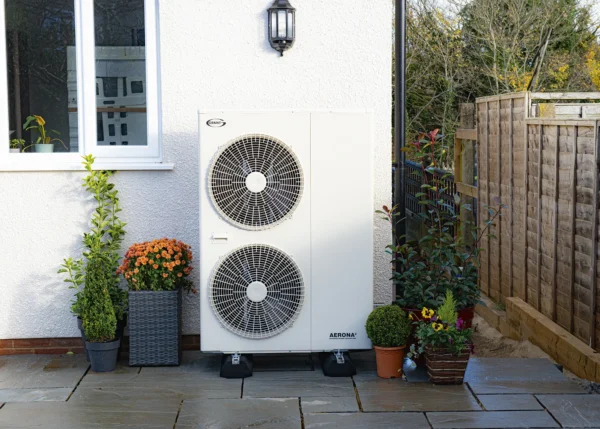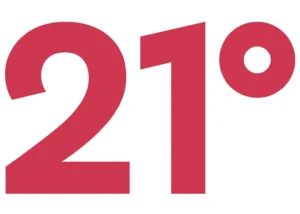Dean Jepson is the EU managing director of heating control company Salus. Here, he introduces us to the Boiler Plus legislation and what it means for homeowners
What is the Boiler Plus legislation and why has it been brought in?
The purpose behind the Boiler Plus initiative is to help Britain meet the energy saving requirements set out at the G20 summit.
It’s mostly aimed at properties with combi boilers, which make up 80% of the UK market.
In the new law, the government set out a list of features they wanted to enhance in heating installations, including flue gas recovery, smart thermostats with optimisation functions and load and weather compensation.
It sets a new minimum performance standard of 92% efficiency for domestic gas boilers in England for both new and replacement installations. Scotland and Wales are exempt for now.
It has also finally made timers and room thermostats an explicit requirement. I really welcome this proposition as a chance to drag our industry into the 21st century and in line with the rest of Europe.
How is this new scheme beneficial for homeowners?
It gives consumers the power to achieve the greatest comfort and energy savings in their home. Amongst other things, it makes the old fashioned dial thermostats illegal with new boiler installations. These are not efficient as they don’t allow for the savings that are possible.
A lot of people think that if they’ve got a temperature control their system works as well as it can, when that is simply not the case. There are many technologies in the thermostatic
market that can enhance performance and comfort.
A good quality connected heating control setup with optimisation, timer and load compensation provides energy savings and still keeps the required climate – you know you’re getting the max efficiency out of your system while maintaining the preferred heat level.
The new legislation also keeps installers in check. If you’ve got a comprehensive thermostat priced at £30 and a lesser one at £20, the installer will tend to opt to fit the cheaper one.
That is not doing homeowners any favours, because that extra £10 spent could save you £100 a year overall. That means that outlawing certain products can help consumers get the best value for money.
We’ve heard there have been some issues with the initiative. Can you explain what’s gone wrong?
The problem is the way Boiler Plus has been implemented. The idea went from conception to law within six months, which did not give anyone time to educate the industry or for manufacturers to get the stock through the supply chain to wholesalers.
Also, the document can be easily be misinterpreted; in fact, it’s still being misconstrued.
There were also some suppliers fighting against it, which created additional confusion. One particular UK body actually sent a note out to all their customers saying that this new initiative is optional, which it’s not – it is law.
Equally, there are other manufacturers using loopholes in the legislation to claim they’re compliant when they’re not. So, what could have been a really great idea is at risk of turning out to be a bit of a flop because of poor execution.
What can homeowners do to ensure their new system is properly specified and installed?
If you want to check that your setup meets the regulations, all of the details are on the government website.
As far as I’m concerned, if a homeowner finds that theirs isn’t compliant, the company that fitted it has committed an illegal act and they should ask for it to be changed. They would have to fight it in consumer court, but I would imagine that they would be in a good position to win the case.
At Salus, we have written to the government to tell them there are companies that aren’t following the rules. They told us to go to the advertising and consumer agency and make a complaint.
So, they are asking firms who respect the ruling to police the industry for them. I would prefer they stepped up themselves, as it is illegal for these organisations to do what they are doing.
We’re trying to educate installers by asking them to read the legislation thoroughly before fitting a system for a homeowner.
Trades and wholesalers trust manufacturers, because they are supposed to work with Parliament to incorporate the latest rulings into their products and advise on the best course of action.
So when installers go to vendors and ask for something Boiler Plus compliant, sellers will give them a product that the supplier said meets all of the regulations – no more questions asked.
We’re trying to get them to double check. When there are trusted manufacturers out there making false claims, that sends the wrong message.
What steps are being taken to rectify this situation?
There are plans to include the new legislation within the Building Regulations, so it’s only a matter of time before it will show up on a survey when the house is being sold.
A newly worded version of the law should also be coming out this year. Hopefully these issues will be properly addressed and there won’t be space for the creation of more loopholes that can be used to exploit homeowners.
My question is, what will happen to all the products that have been illegally fitted in the year before? Are there going to be any repercussions for the non-compliant companies?
None of us know what the new bill will say, but maybe the government will do a better job of implementing it the second time round.



































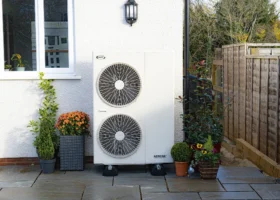

















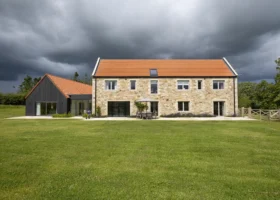









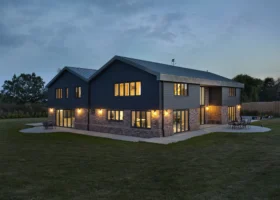
























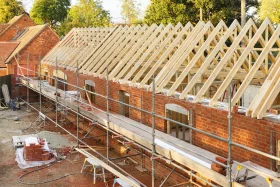










 Login/register to save Article for later
Login/register to save Article for later



